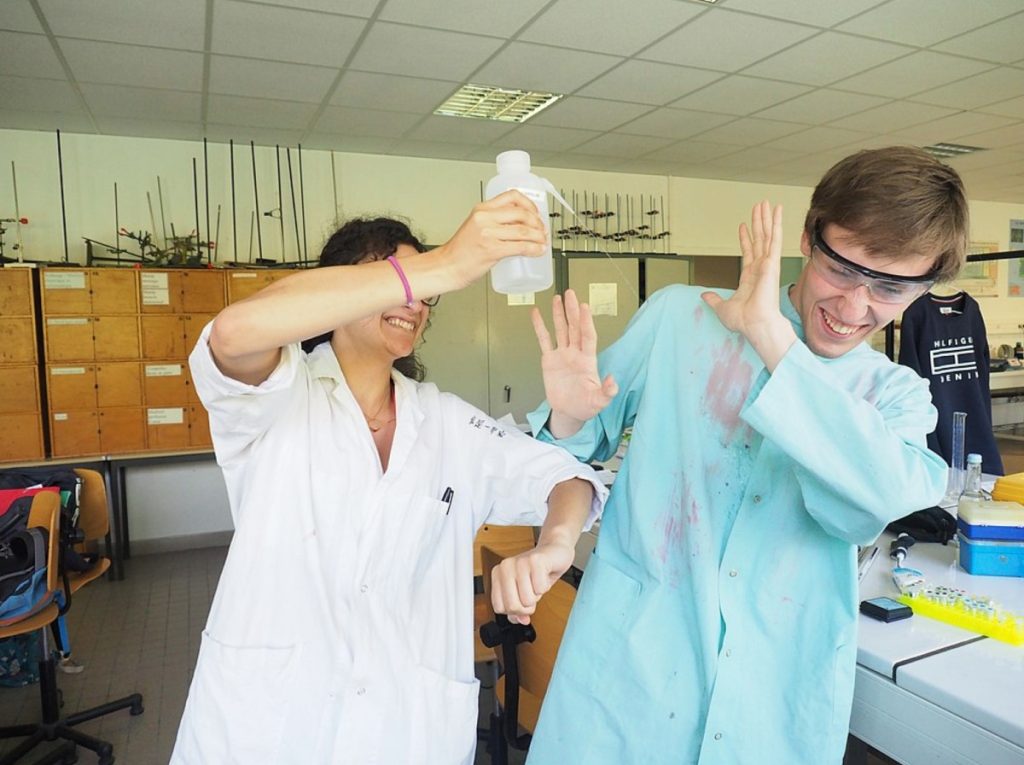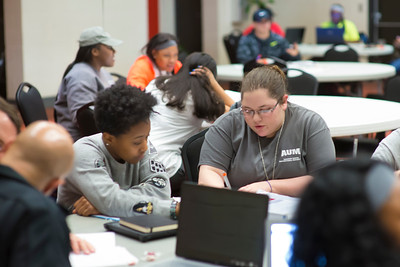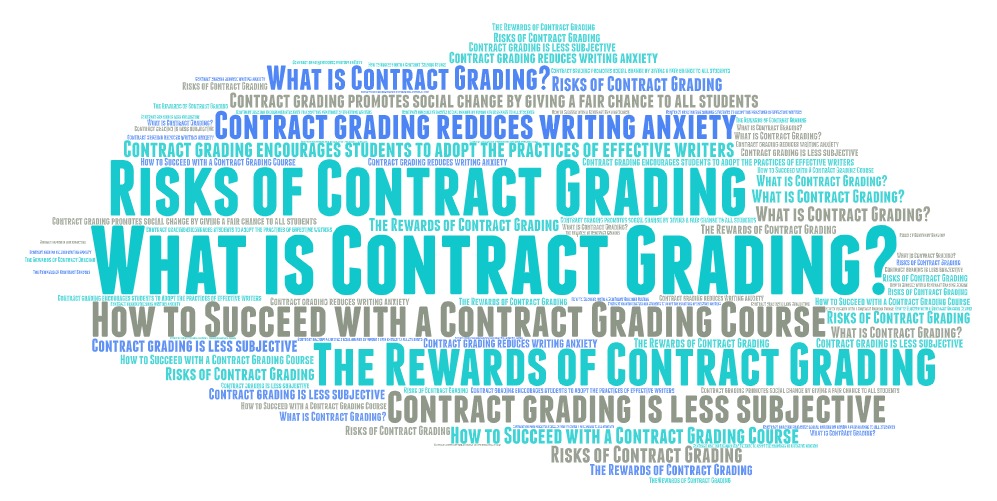Teamwork – Why Winning Teams Have It And How To Get It
What is Teamwork? Teamwork refers to collaboratives effort between individuals—whether in pairs or in larger groups—aimed at achieving a common objective or completing a shared task. Valued both in the classroom and the workplace, effective teamwork extends beyond simple cooperation and is often greater than the sum of its parts. One of the fundamental strengths ...











